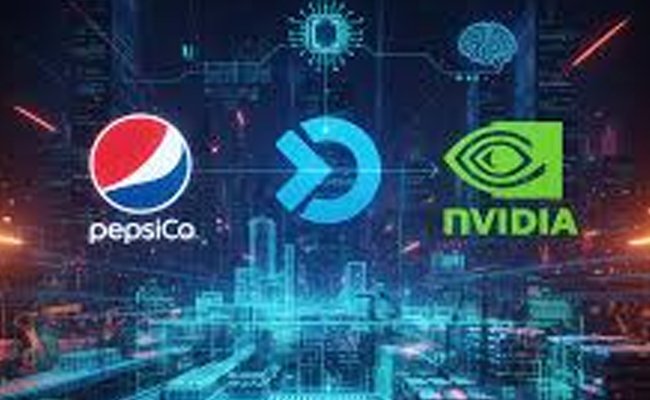Partha Protim Mondal
Chief Information Officer, Berger Paints India Ltd.
Today, we see enterprises embracing transformative technologies that blend AI innovation, infrastructure evolution, and a heightened focus on responsible digital practices.
Rise of Agentic AI
AI is evolving into autonomous agents that plan and execute tasks independently, streamlining operations in customer service, logistics, finance, and software development. Governance frameworks are emerging to manage AI ethics, transparency, and compliance. Inspired by the human brain, neuromorphic computing enables faster, energy-efficient AI processing, especially beneficial for edge computing and real-time applications.
Security vs Evolving Digital Workplaces
Hybrid work continues to mature with AI-powered collaboration tools, virtual environments, and productivity analytics becoming standard in enterprise ecosystems. With the spread of generative AI, companies are shifting from network-based to identity-first security. This includes real-time authentication, zero-trust frameworks, fraud detection, and brand protection tools. Organizations are optimizing multi-cloud strategies for cost, performance, and compliance. AI-driven observability (AIOps) helps monitor complex IT systems, detect anomalies, and ensure uptime.
CIOs as Strategic Business Enablers
CIOs are no longer just tech managers—they are central to business strategy. They drive innovation through Gen-AI, IoT, and edge computing, oversee enterprise-wide data governance, and promote digital transformation aligned with business goals. They also lead cyber risk mitigation, employee upskilling, and vendor ecosystem management.
Building a Security-First Culture
Enterprises are ensuring cybersecurity awareness across all levels through:
◆ Executive involvement and leadership modeling
◆ Continuous role-specific training and simulations
◆ Clear, accessible security policies
◆ Embedded prompts in digital tools like Slack and Teams
Integrating AI, Automation, and Zero Trust
Advanced AI-powered systems detect anomalies and automate responses. Zero-trust frameworks assess behavior in real time for access control. AI tools also automate compliance, patching, and security analytics, helping enterprises stay resilient and compliant.
The Evolving Roles of CIOs, CTOs, CISOs, and DPOs
◆ CIOs/CTOs: Lead digital transformation and AI integration
◆ CISOs: Become cyber-resilience strategists
◆ DPOs: Shift to ethical data stewards ensuring privacy compliance
Although overlaps exist, DPOs should operate independently to avoid conflicts of interest, especially under regulations like GDPR.






